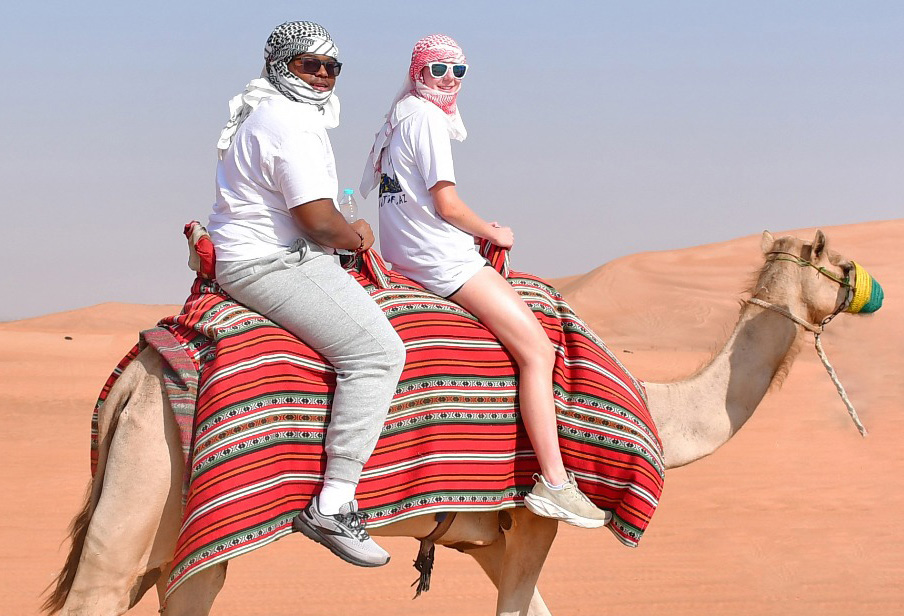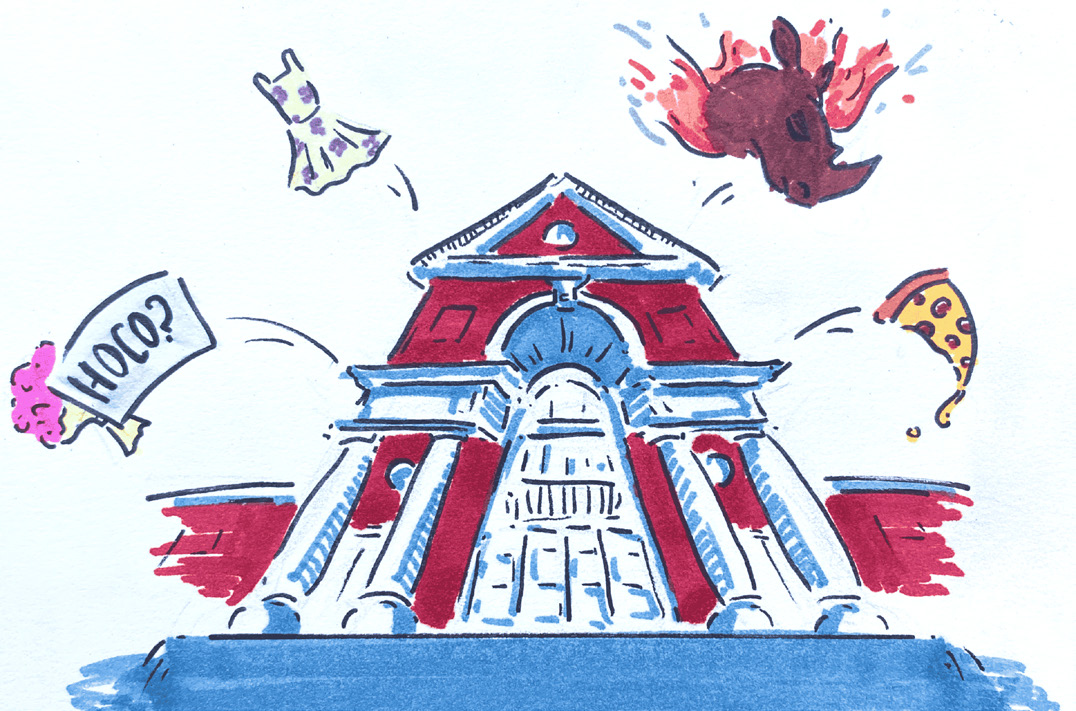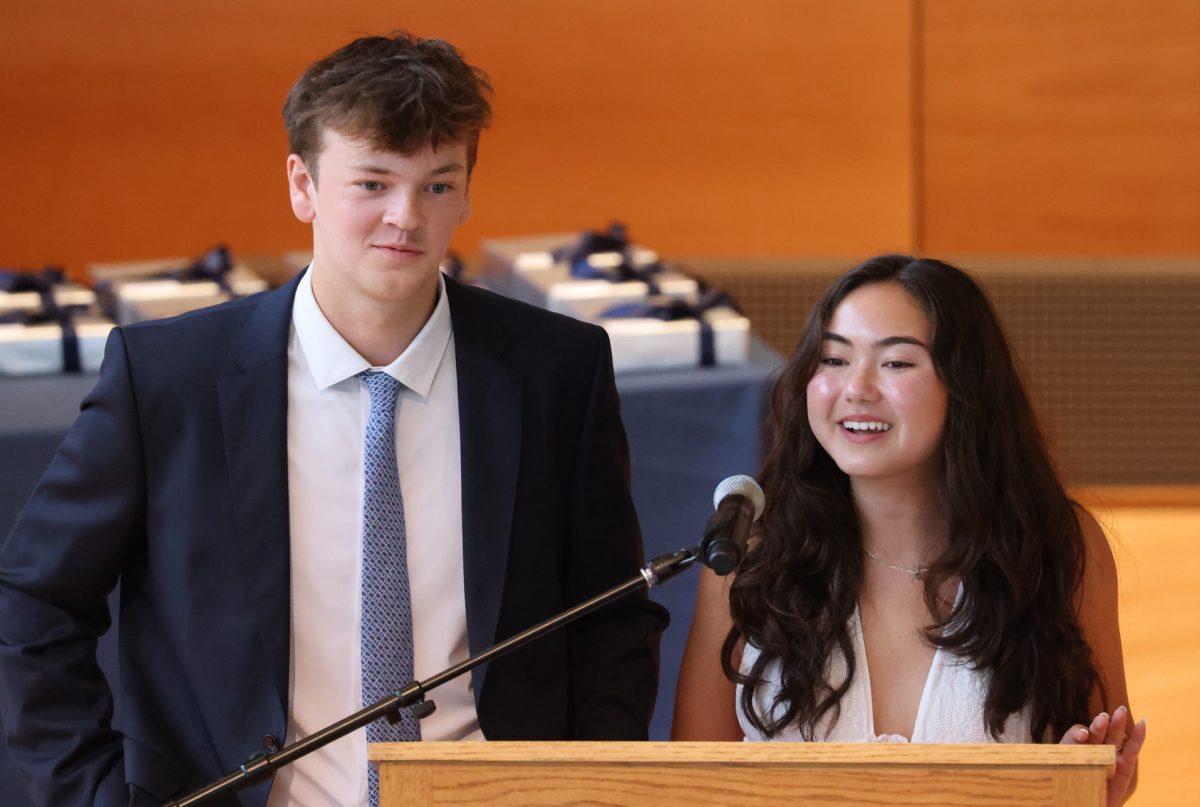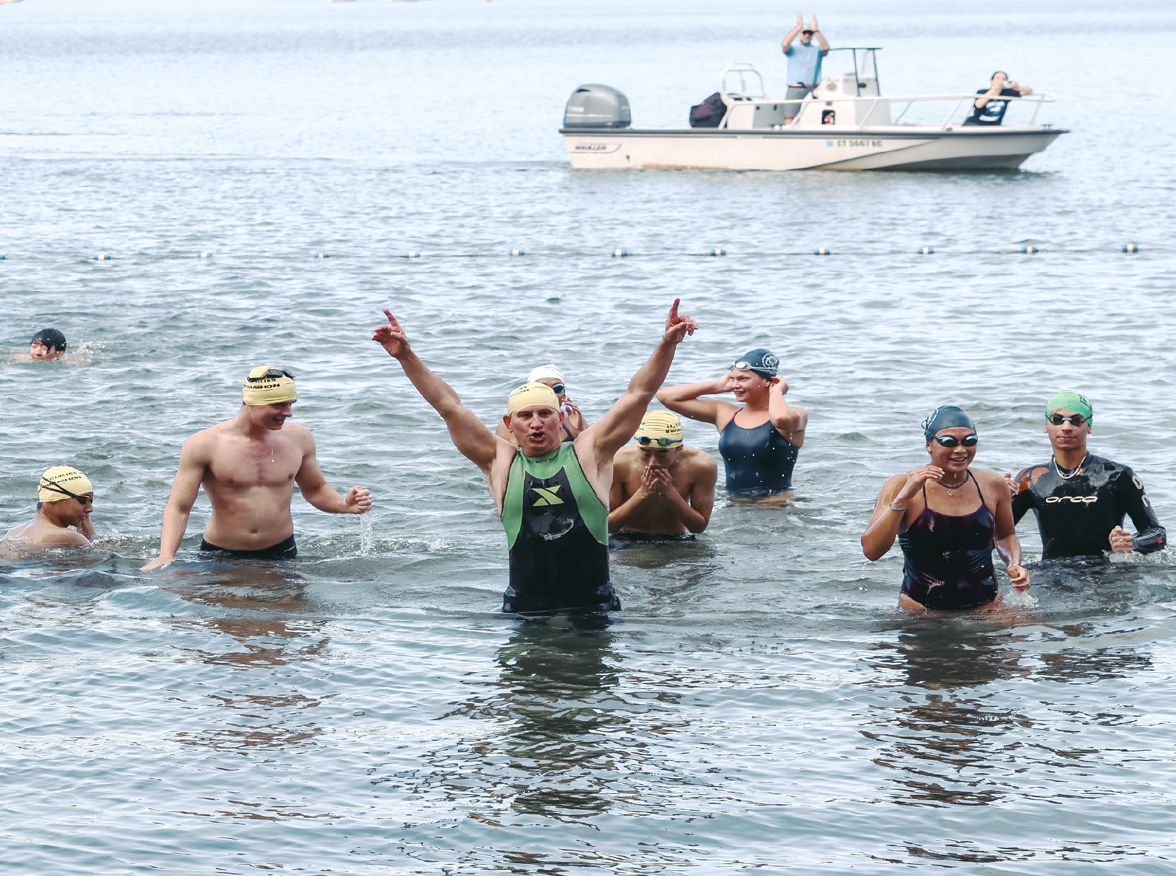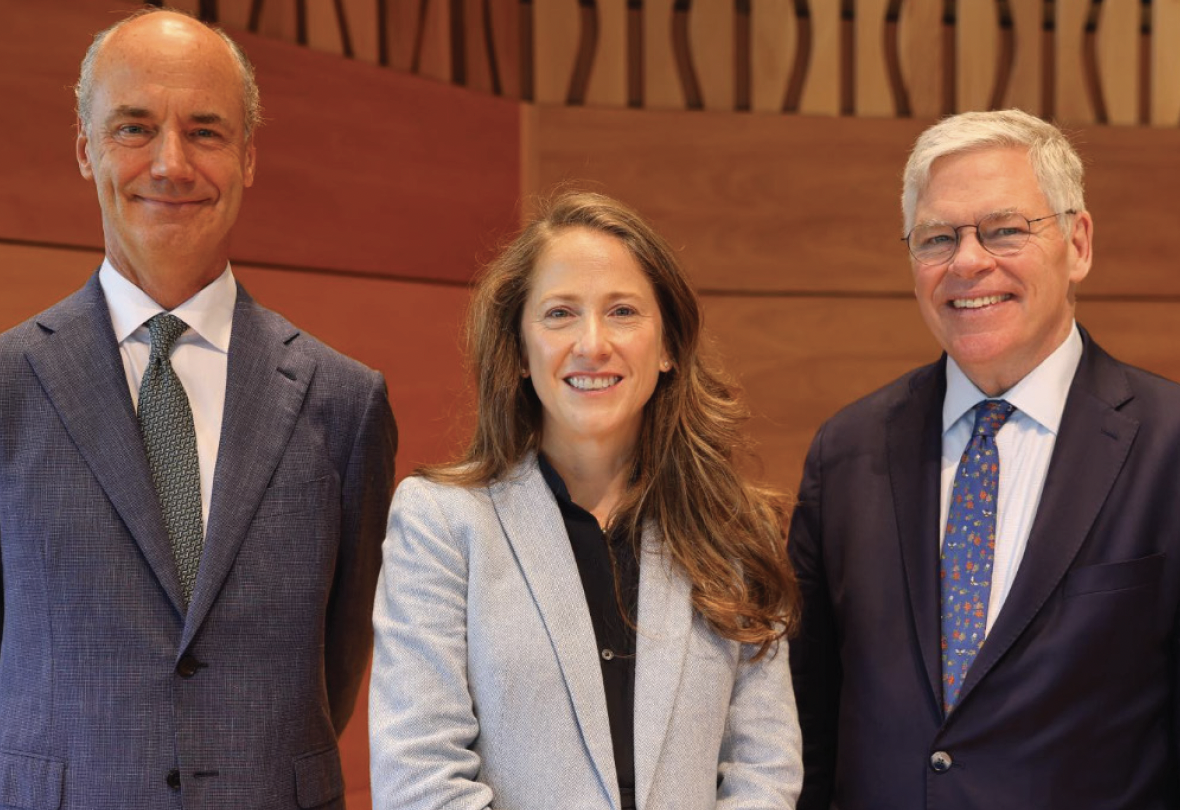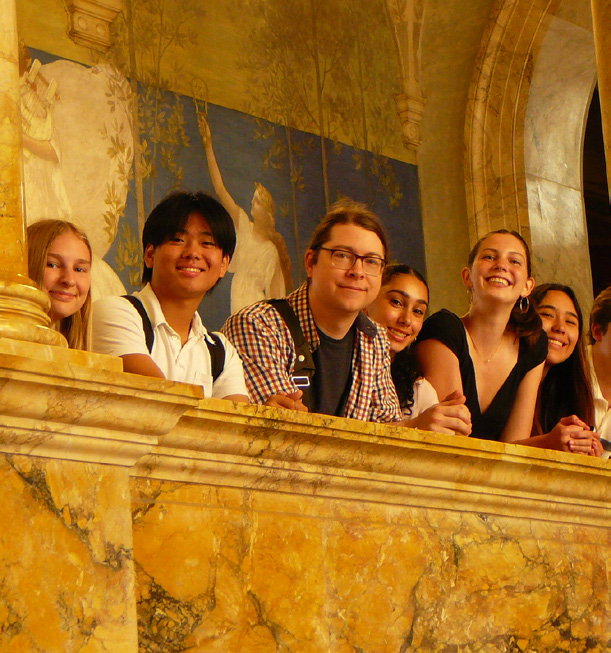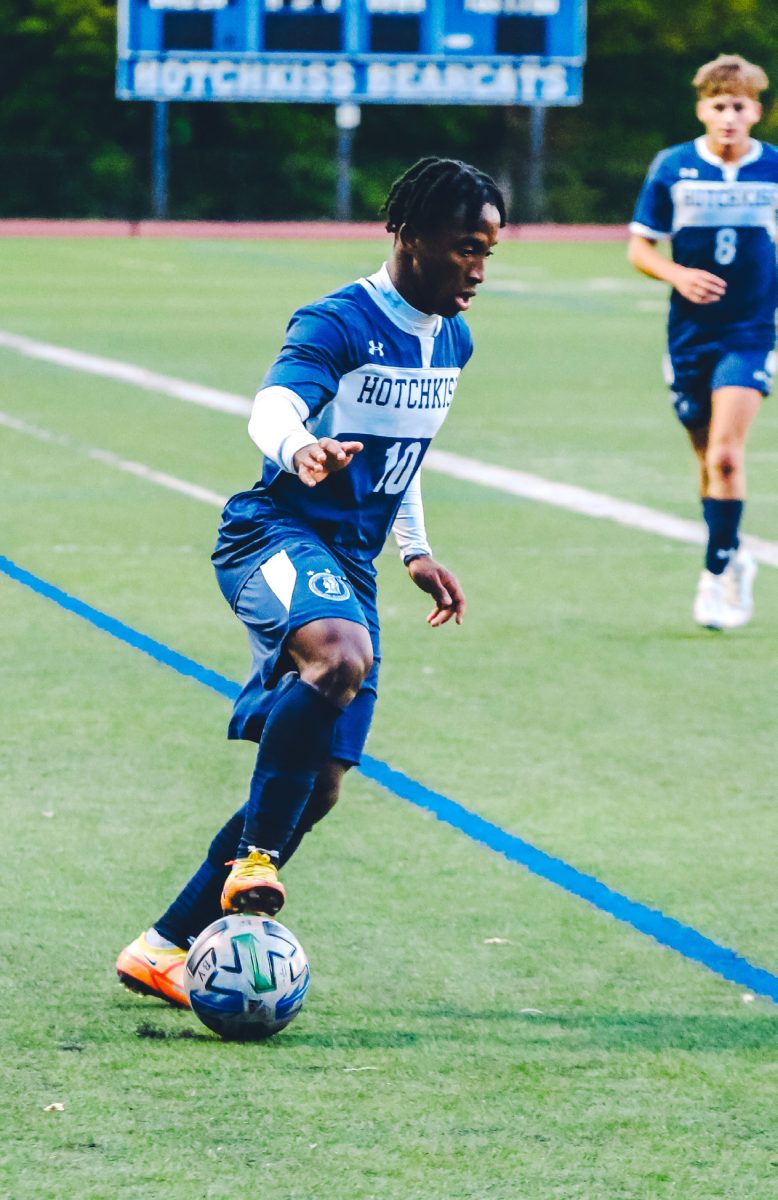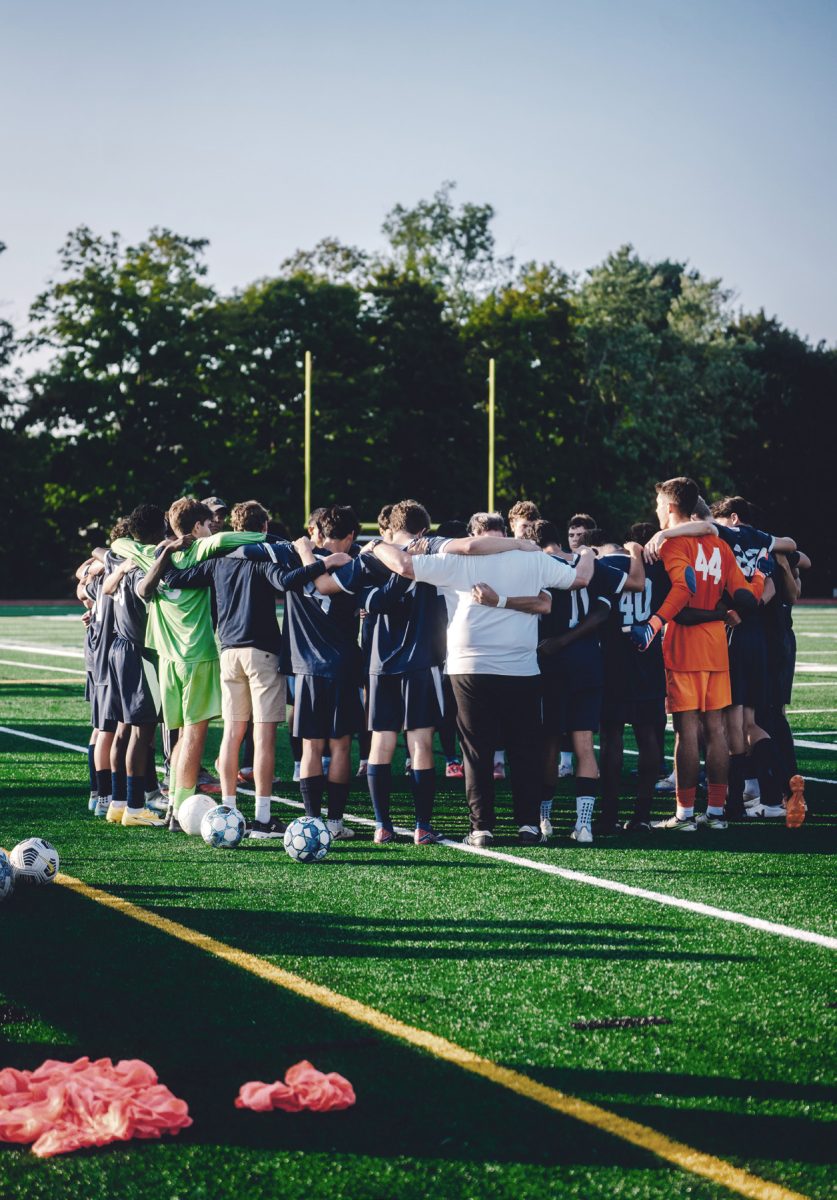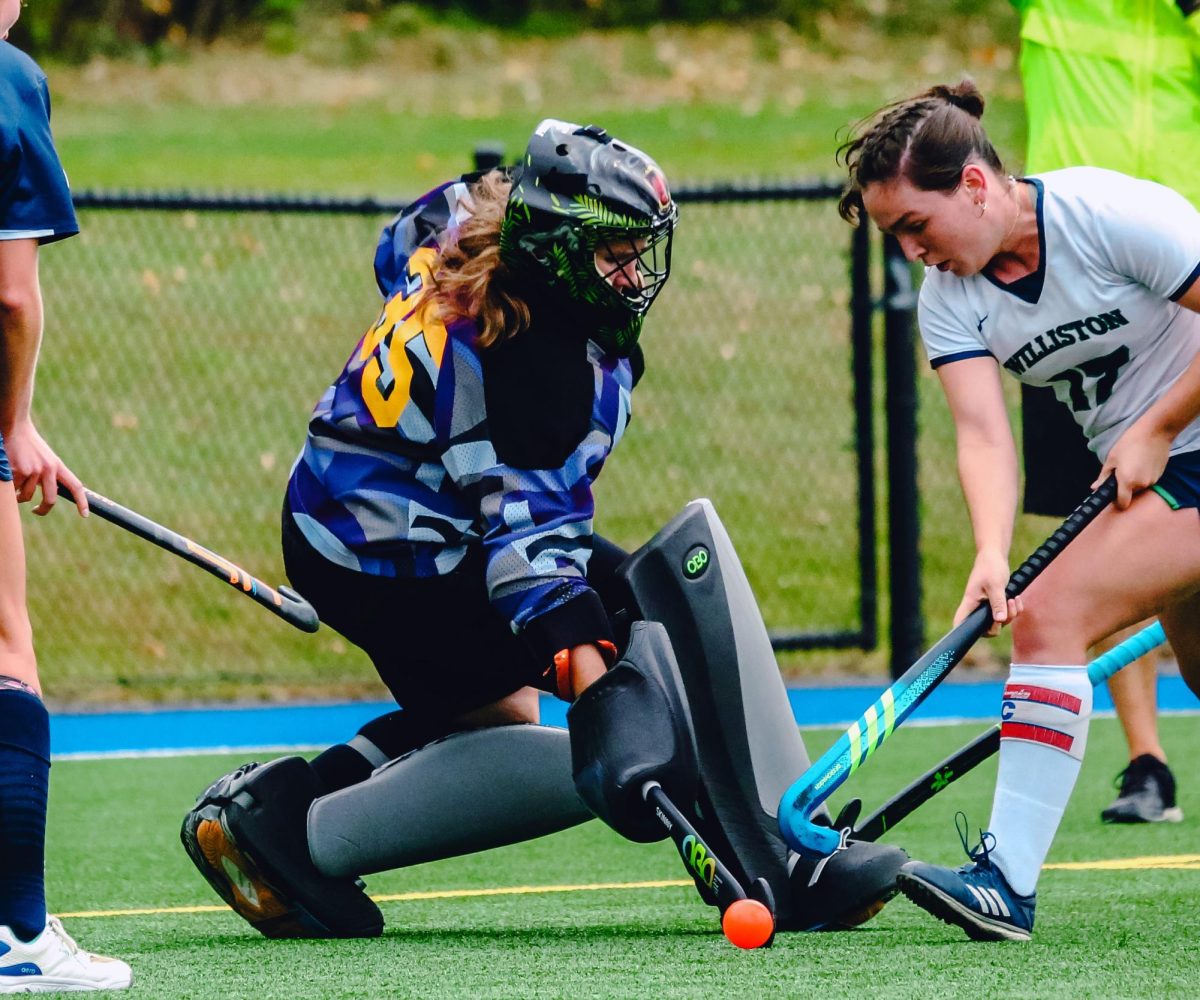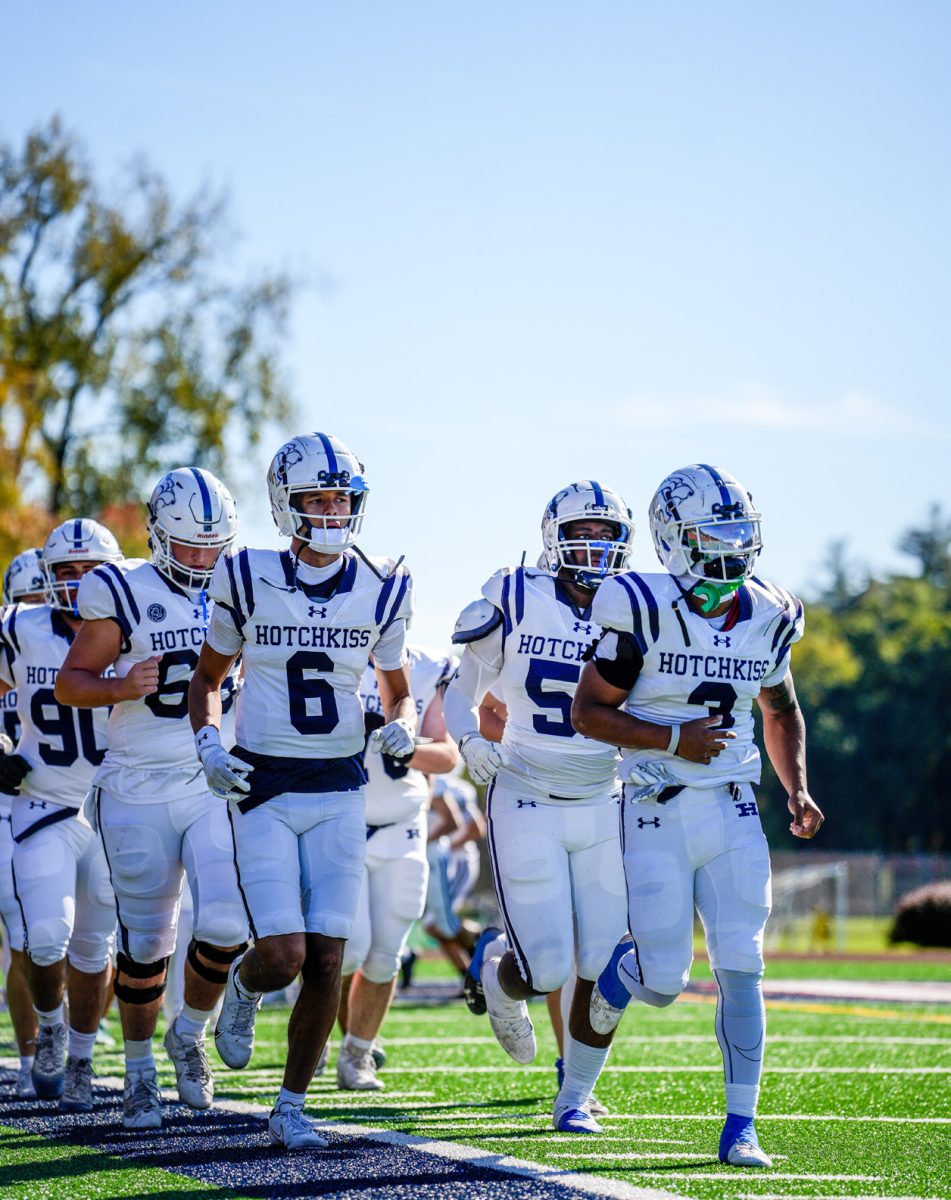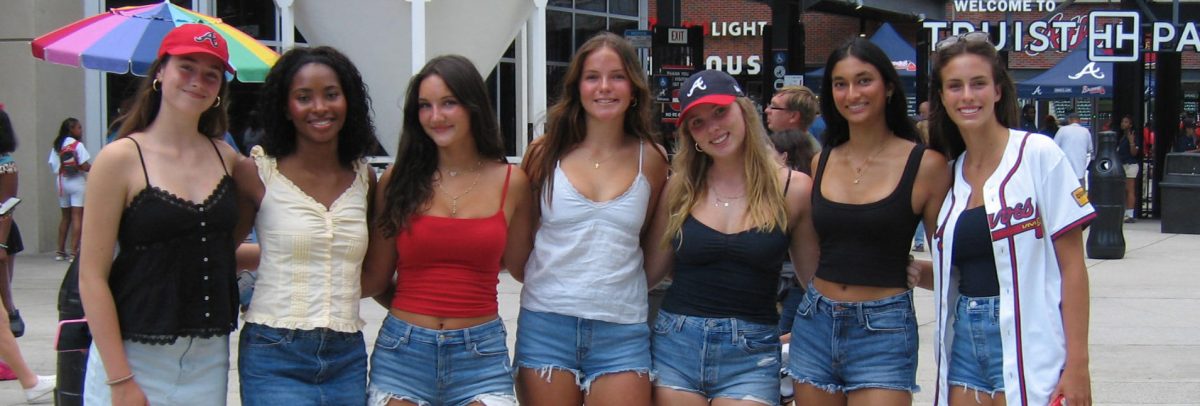
Head Coach Emilie Bydwell ’04 led the U.S. women’s rugby sevens team to its first-ever Olympic medal in Paris on July 30. The team won bronze in a 14-12 victory against Australia, making Bydwell the first female rugby coach to win an Olympic medal. The victory came exactly 100 years after the U.S. men’s rugby team won Olympic gold, also in Paris.
Bydwell was named head coach of the team in 2021 following years of experience as a coach and player. She was a three-time All-American at Brown University and made her U.S.A. Eagles debut in 2008.
She has represented the U.S. in World Cups and won a senior club sevens national title with the San Diego Surfers, part of the U.S.A. Rugby Women’s Premier League.
Bydwell was named U.S.A. Rugby Coach of the Year in 2016 and coached three consecutive U.S.A. Rugby Club Sevens National Championship teams. She most recently served as the U.S.A. Rugby Director of Women’s High Performance.
What was it like coaching in Paris?
It was my third Olympics, but this was my first time as the head coach. The biggest change was having a really clear identity of who we are as a team, what our values are, and what we want to represent on the field.
Our team has such a range of athleticism and this wonderful diversity of experience. I wanted to create an American style of sevens, have that shine through, and make sure the players were really expressing their strengths and who they are as athletes. That’s what I focused on in the years leading into the games. When we got there, it was just wild. You can’t treat the Olympics like any other event, because it’s not. It’s so special.
Can you reflect on your team’s nail-biting victory against Australia in the final seconds?
We needed to be united and resilient under pressure. That’s one of our critical success factors as a team. We just needed to get it together and be in the moment.
The cool thing about rugby is there’s not a buzzer, and what’s nice about rugby sevens is when you get scored on, you get the ball back. If we could retain possession, we were going to have all the time we needed. It was awesome, just awesome.
How did your time at Hotchkiss help prepare you for your role?
Hotchkiss was really important in terms of my growth. I went into Hotchkiss having the identity of being an athlete, and I was given the opportunity to explore my passion for art, leadership, the outdoors, and other things that I was interested in. It was really impactful. If I hadn’t gone to Hotchkiss, I wouldn’t be here. I wouldn’t be doing what I’m doing.
My sports experience was great. I played ice hockey and track. Hotchkiss has a good balance of a really competitive sports program and really strong academics.
I had the opportunity to meet so many different types of people from so many different backgrounds. That helped me start to understand how diverse this country is—and you can’t build a culture for a team that represents a country if you don’t understand the country.
What career path did you take to become head coach of a national team?
The biggest thing is that it hasn’t been linear. I went to Brown, and that was a really important time.
Then I found rugby. I’d already played a little bit in Montreal, but when I graduated I was playing for the national team for rugby. I didn’t think there were jobs in rugby, so I ended up working in a lab for three years at Harvard Medical School.
I knew that was not going to be my career. I was playing rugby internationally, and that was great. Then I decided I wanted to teach, and I went to coaching pretty quickly. Now I have my dream job.

